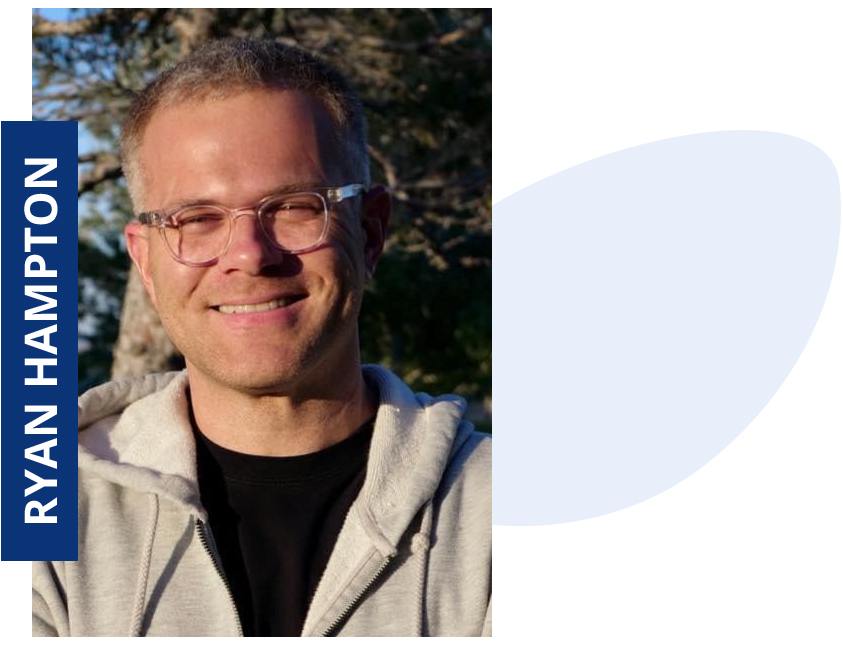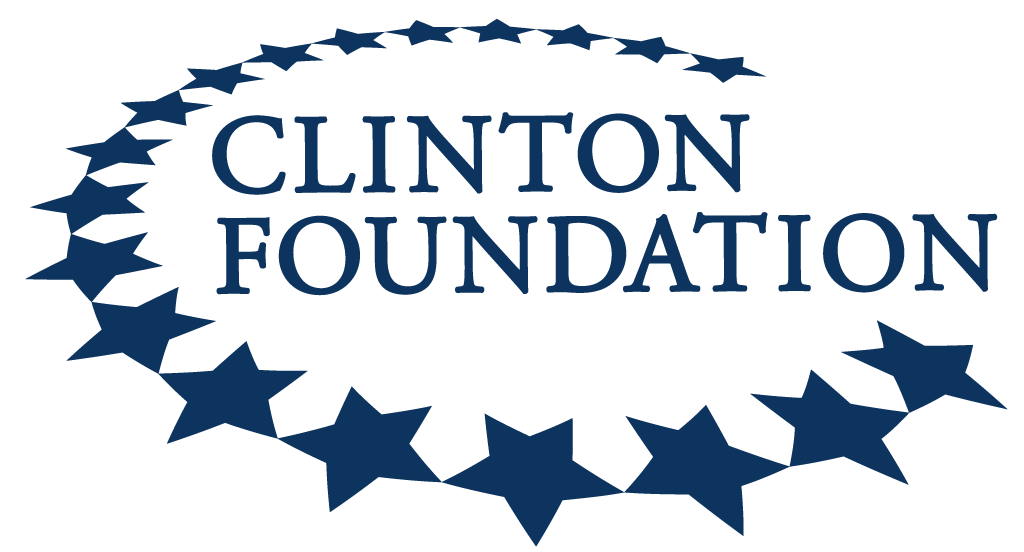Recovery advocate Ryan Hampton shares the realities of the opioid epidemic in 2020
The night before Thanksgiving 2014 was the last time I slept outside. It was the end of a decade of substance misuse that took me from having a promising career in public policy to panhandling for change at a gas station and eating at homeless shelters to survive. Thanks to Medicaid, access to treatment and health care — and the unremitting love and support of my mother — I survived that Thanksgiving. I was able to get the long-term support I needed, including peer support, housing, and a sense of purpose.
After beginning my recovery journey, I went on to found the Voices Project and work with thousands of frontline advocates who are dedicated to supporting people with substance use disorders. Six years later, I have seen both sides of the American drug epidemic — what helps, what hurts, and what we can do better. Most of all, I have a deep respect for the folks who devote their lives to helping others by offering harm reduction measures that keep people alive and meet them where they are in life.
The COVID-19 crisis is a deadly blow to our vulnerable recovery community. Grassroots organizers were already working overtime to save lives — and the new public health crisis has increased and created new risk factors, while also making it dangerous to connect in person. Pandemic-related isolation, fear, unemployment, and inaccessible health care drove up overdose rates that were skyrocketing even before COVID-19.
“To survive, we must take care of each other. From food donations and deliveries to naloxone distribution and peer support, wellness checks, and compassionate action — I’m reminded why I’m so grateful to be a part of a community whose very foundation relies on service to others.”
Naloxone, a medication that reverses the effects of an opioid overdose, is a game changer. In recovery houses and elsewhere, it is an insurance policy against preventable, fatal overdoses. And, due to COVID-19, demand is rising for this life-saving medication. Nearly one in three harm reduction programs that offered naloxone ran out of or had to ration it since the beginning of the pandemic last spring. In the midst of a concurrent public health crisis, our partnership with the Clinton Foundation through the Voices Project distributed more than 164,000 doses of naloxone to recovery homes in Arkansas, Nevada, New Jersey, Pennsylvania, and Virginia.
This year has turned my life upside down. My fiancé contracted COVID-19; so did my best friend. My mother, a cancer survivor whose immune system is severely compromised, may not leave her house for months after the vaccine is released. The in-person support the recovery community relied on, our lifeline, was seemingly gone overnight. We had to lean heavily on virtual connections. And, while expanded access to telehealth and video conferencing is welcomed, many in and seeking recovery don’t have the technology infrastructure to make such a sudden shift. Economic instability coupled with stay-at-home orders threatened the financial health of an already vulnerable population. Every single social determinant of health was challenged during COVID-19: housing, income and employment, health care, community, and family.
2020 has been the most difficult challenge to my recovery since beginning this journey six years ago. In spite of this, I feel more hope this year than I ever have. Since the start of the pandemic, our recovery community banded together and dove into action, because that’s what we do. We know that to survive, we must take care of each other — from food and naloxone distribution to peer support, wellness checks, and compassionate action. I’m reminded why I’m so grateful to be a part of a community whose very foundation relies on service to others.
On that November night in 2014, I slept outside — alone, sick, frightened, and isolated. Today, I am connected, and I know the value of that. I put my faith in it. Despite the immense challenges the recovery community faces this year, I know we will persist. We will continue confronting the dual public health crises to ensure that every person has access to recovery supports, and accessible health care, and life-saving medications like naloxone. Because of that, I know we will endure. When we are connected to one another and to our many allies, we survive. Even better — we thrive.
Ryan Hampton is a person in long-term recovery and founder of the Voices Project, a nonprofit organization that advocates for the 45 million Americans impacted by addiction.
★





